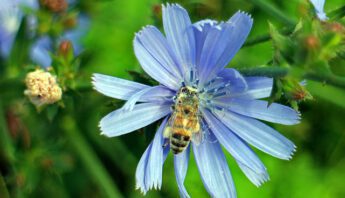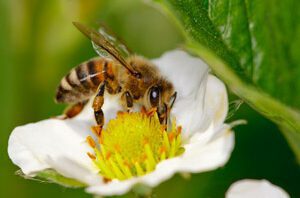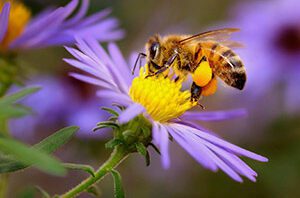For Immediate Release: January 17, 2013
Contact: Paul Towers, 916-216-1082, ptowers@panna.org
European Report: Pesticide Poses “Unacceptable” Risk to Bees
Oakland, CA – Just yesterday, the European Food Safety Authority (EFSA) issued a detailed report documenting the harms of systemic neonicotinoid pesticides to bees. European Union political leaders, recognizing the importance of the findings — in addition to other independent scientific research — are considering restrictions on these products later this month. Several EU states, including most recently France, have banned the use of the products. U.S. environmental officials have been slow to take action that would protect bees and other pollinators from harmful pesticides.
In response to the new report, Paul Towers, spokesperson for Pesticide Action Network, released the following statement:
“The new report from European food safety officials recognizes the weight of the scientific evidence and underscores the need for greater protections for pollinators. Pesticides are a critical factor driving dramatic honey bee declines and deserve greater attention.
While U.S. EPA and state environmental officials drag their feet, European counterparts are addressing the concerns of beekeepers. This report should light a fire under EPA to take more swift action to protect pollinators, including restrictions on neonicotinoid products.
Bees in the United States continue to be exposed to pesticides, including through the pervasive use of neonicotinoid seed treatments. These pesticides are taken up through many of the seeds and expressed through pollen, nectar, dust and guttation droplets. The pesticides don’t necessarily kill bees outright, but damage their health and reproduction.
Until now, EPA has caved to corporate pressure and failed to follow the scientific evidence outlining pesticide harm to bees. This report is a reminder that regulators can protect pollinators, the livelihood of beekeepers and rural economies.”
Additional resources for reporters and editors:
- PAN’s comprehensive “State of the Science” report
- Article in the Guardian on developments in both EU and UK
Pesticide Action Network works to replace the use of hazardous pesticides with ecologically sound and socially just alternatives.







